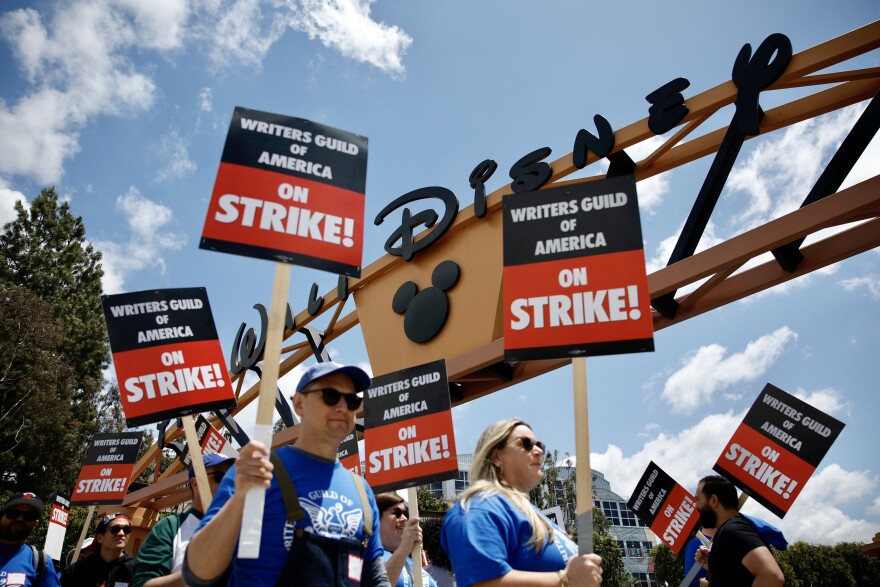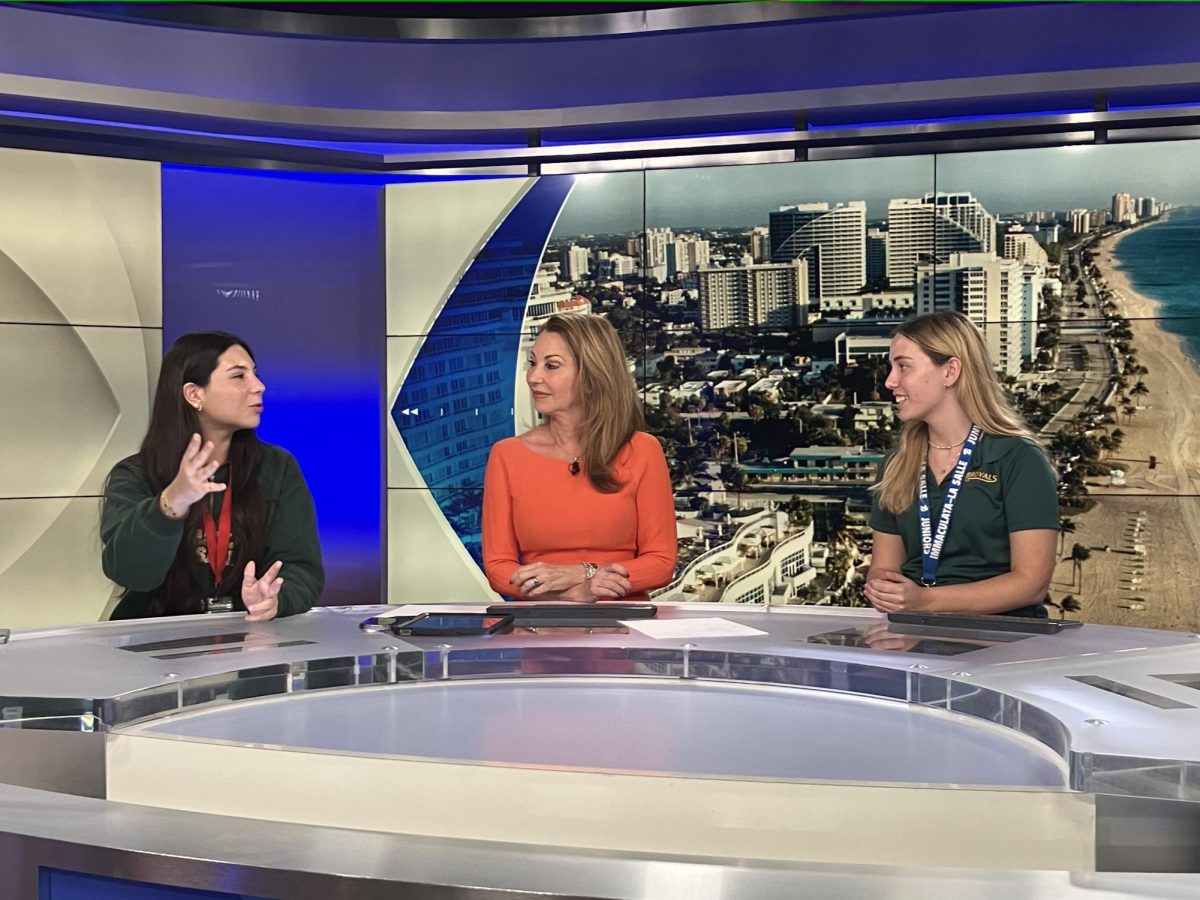After a long 148 days in which writers fought for better working conditions, the council of the WGA East and the board of WGA West unanimously voted to put the strike to an end after a tentative agreement was made with the Alliance of Motion Picture and Television Producers. Because of this, writers are getting back to work, even though technically the contract hasn’t been ratified. WGA members have until October 9th to vote on it.
In a statement to the WGA, President Joe Biden said the following: “There simply is no substitute for employers and employees coming together to negotiate in good faith toward an agreement that makes a business stronger and secures the pay, benefits, and dignity that workers deserve.”

The tentative agreement that was reached, in summary, includes increases to the minimum wage for writers, increases to the size of writing teams, increased pensions, and better residuals, including streaming residuals, which were a big issue for writers. The agreement also places restrictions on artificial intelligence. Writers will be allowed to use AI, but companies won’t be allowed to use AI to eliminate writers, reduce the pay of writers, or force the writers to use AI. The agreement also prohibits the exploitation of writers material to train AI.
Our wages have been falling in the last few years as the streamers’ profits have been skyrocketing.
— Amanda Mercedes via TODAY.com
The strike began May 2nd when members of the WGA— a union which represents over 11,000 television, film, news, and radio writers voted in favor of it. Writers demanded higher royalties, more staffed writing rooms (which were being shrunk, and the small amount of staff left was getting less pay), and protections against artificial intelligence. Another major demand was for residual payments on streaming services. A residual is a payment made to a writer whenever something they worked on is aired on television. Residuals work on cable TV, but with the advent of streaming services, they became a little more complicated. The amount of money received and the pay timelines are significantly worse for streaming residuals. As writer Adam Conover shared over X (Formerly Twitter), “We are fighting for nothing less than the survival of writing as a viable career,” Fortunately, as stated above, the agreement addresses basically all of these issues.
Writers aren’t the only members of Hollywood who went on strike. SAG-AFTRA (Screen Actors Guild – American Federation of Television and Radio Artists)— which represents over 160,000 actors, announcers, program hosts, and more— started a strike July 14th. This strike, however, is still ongoing.
So even though actors continue to argue for better working conditions, writers are at least enjoying a big win.








